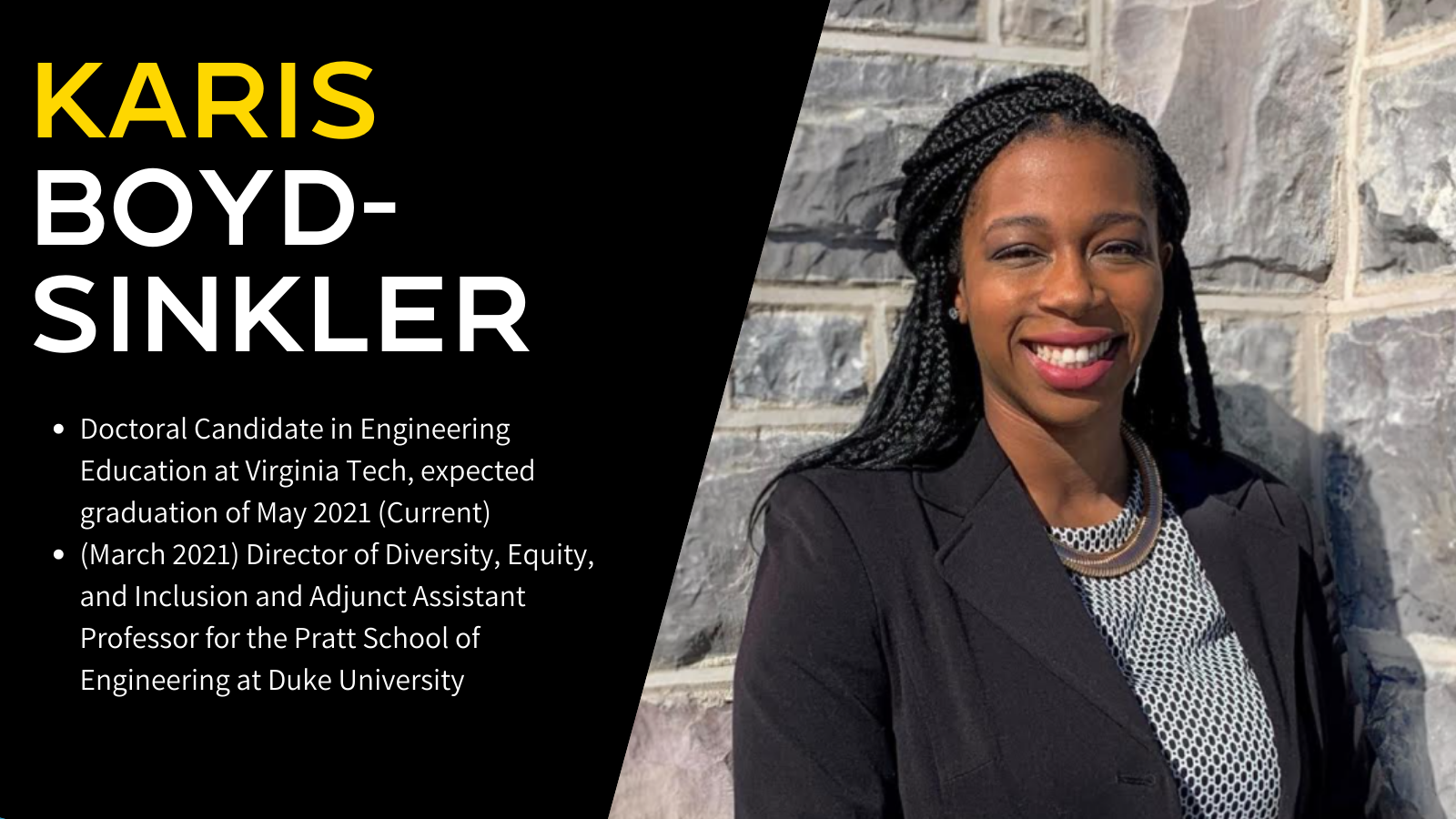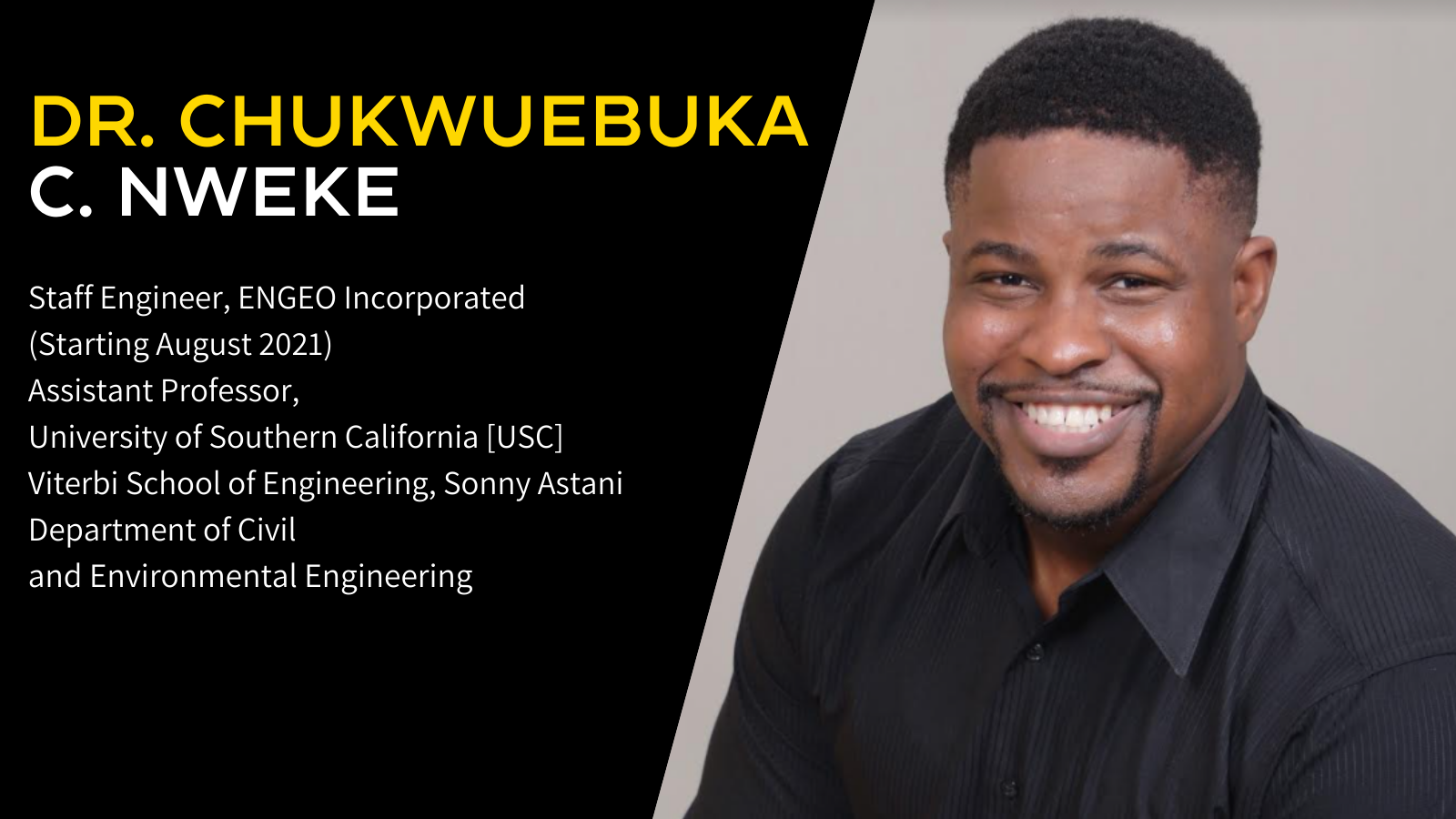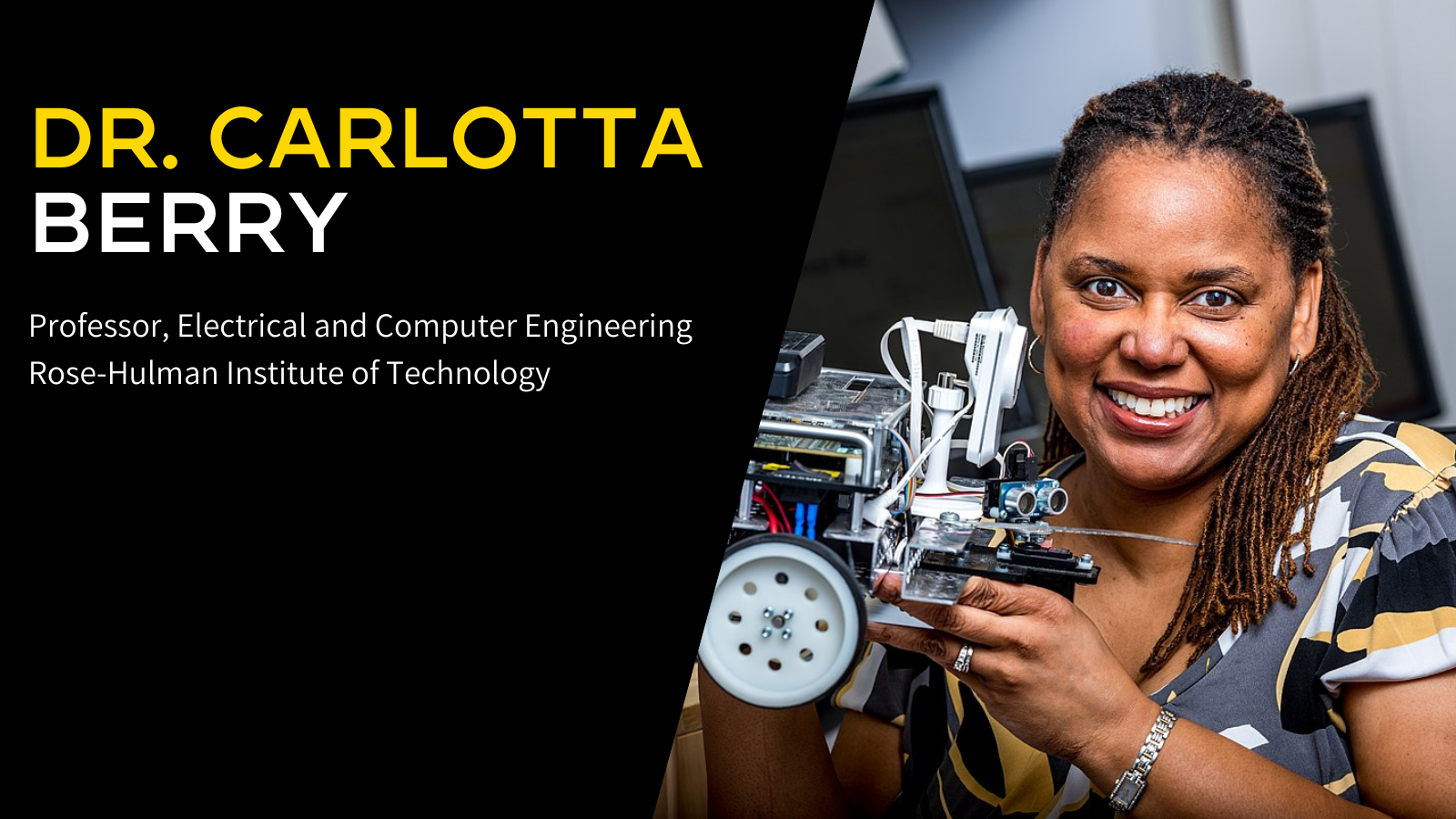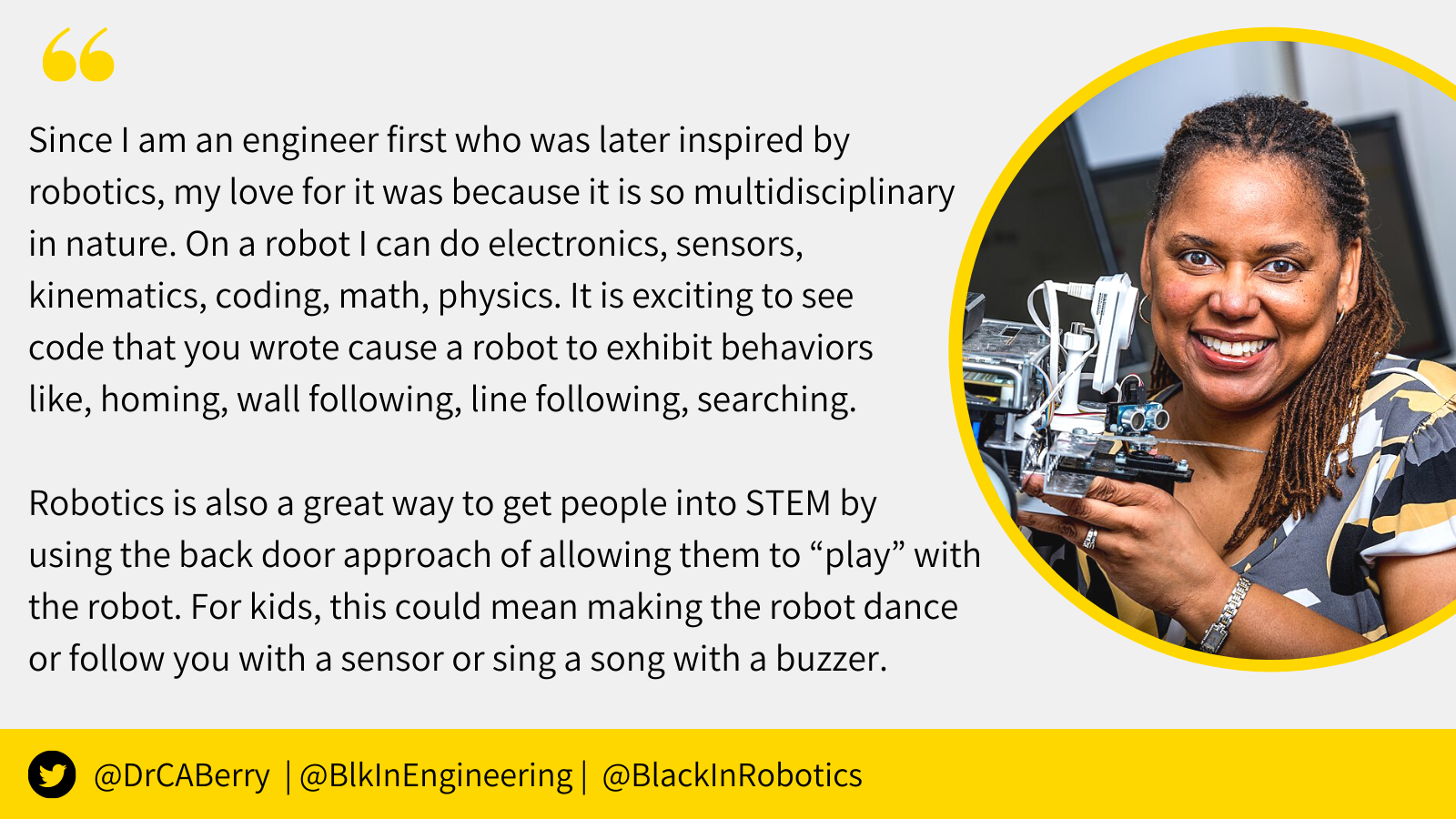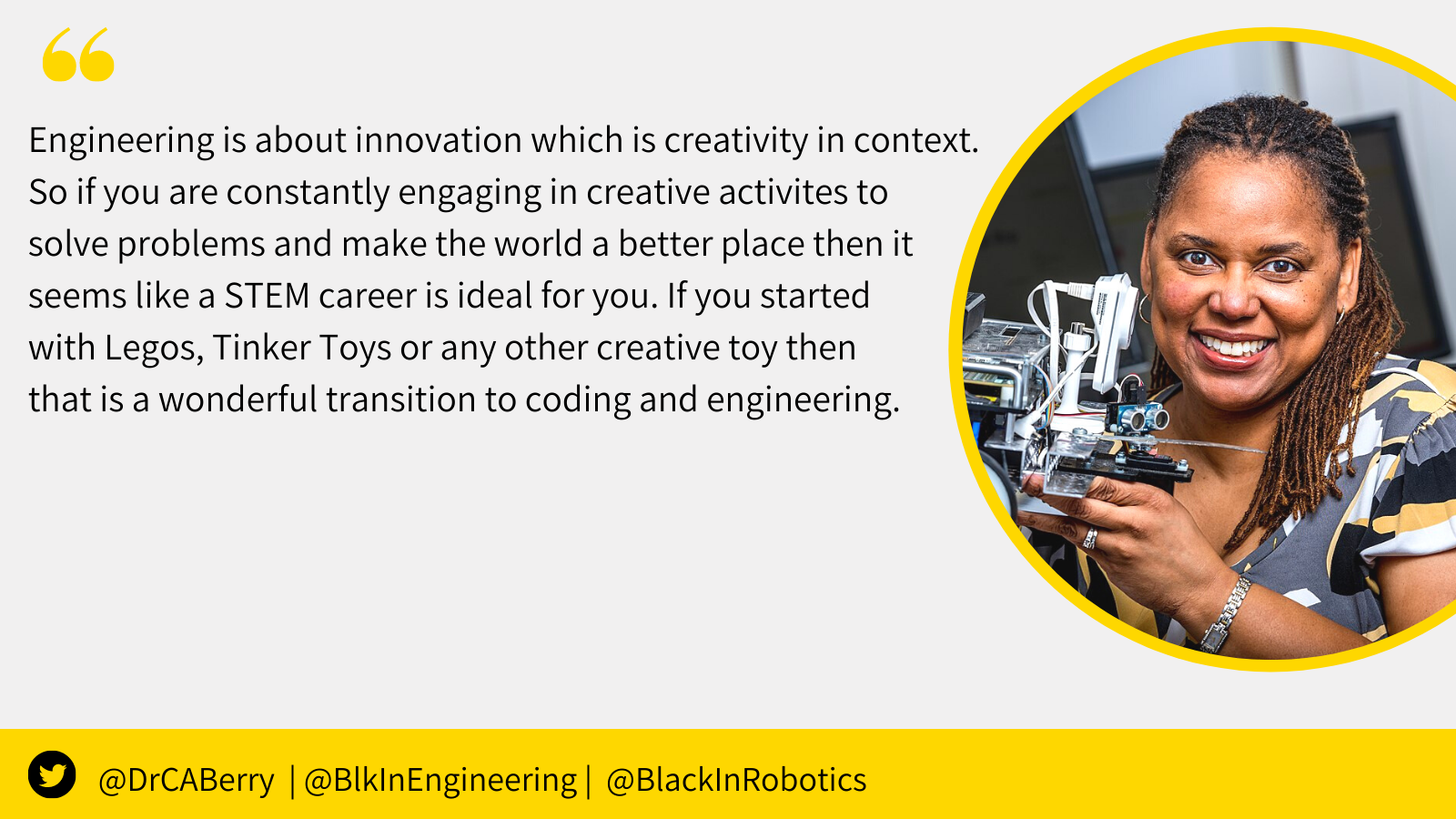Interested in engineering but have no formal background in it? Start here.
We believe learning is a lifelong journey. It's never too late to pick up a new hobby, learn a new skill, or learn a new discipline.
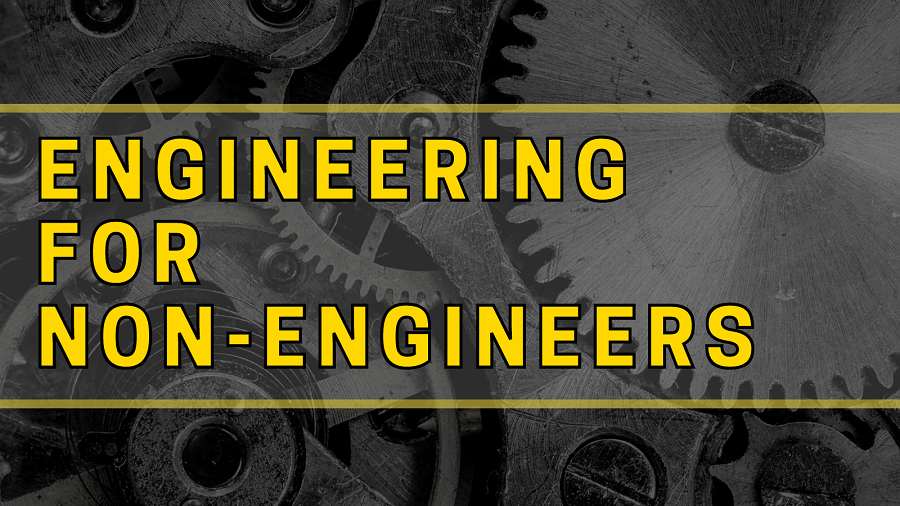
We believe learning is a lifelong journey. It's never too late to pick up a new hobby, learn a new skill, or learn a new discipline.

Engineering is the backbone of our society. Think about it: everything — from the computer or smartphone you’re reading this on, to the chair you’re sitting on — came into being with the help of it.
Engineers work in every industry, from aerospace, to medicine, to architecture. It’s a diverse field that is constantly expanding. If you’d like to dip your toes in, you’ve come to the right place.
We asked four experts:
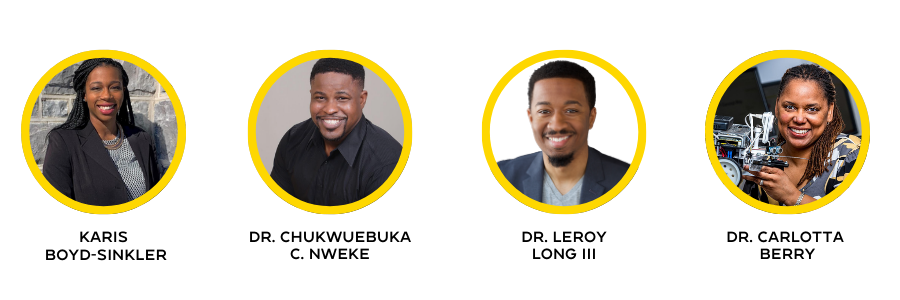
To provide some ‘entry-level’ engineering resources for non-engineers. Here are their top recommendations.
We believe learning is a lifelong journey. It’s never too late to pick up a new hobby, learn a new skill, or study a new discipline.
We hope the following recommdations spark a love of engineering within you!
Be sure to scroll down to the bottom of this page to learn more about our outstanding panel of experts and why they got into engineering.
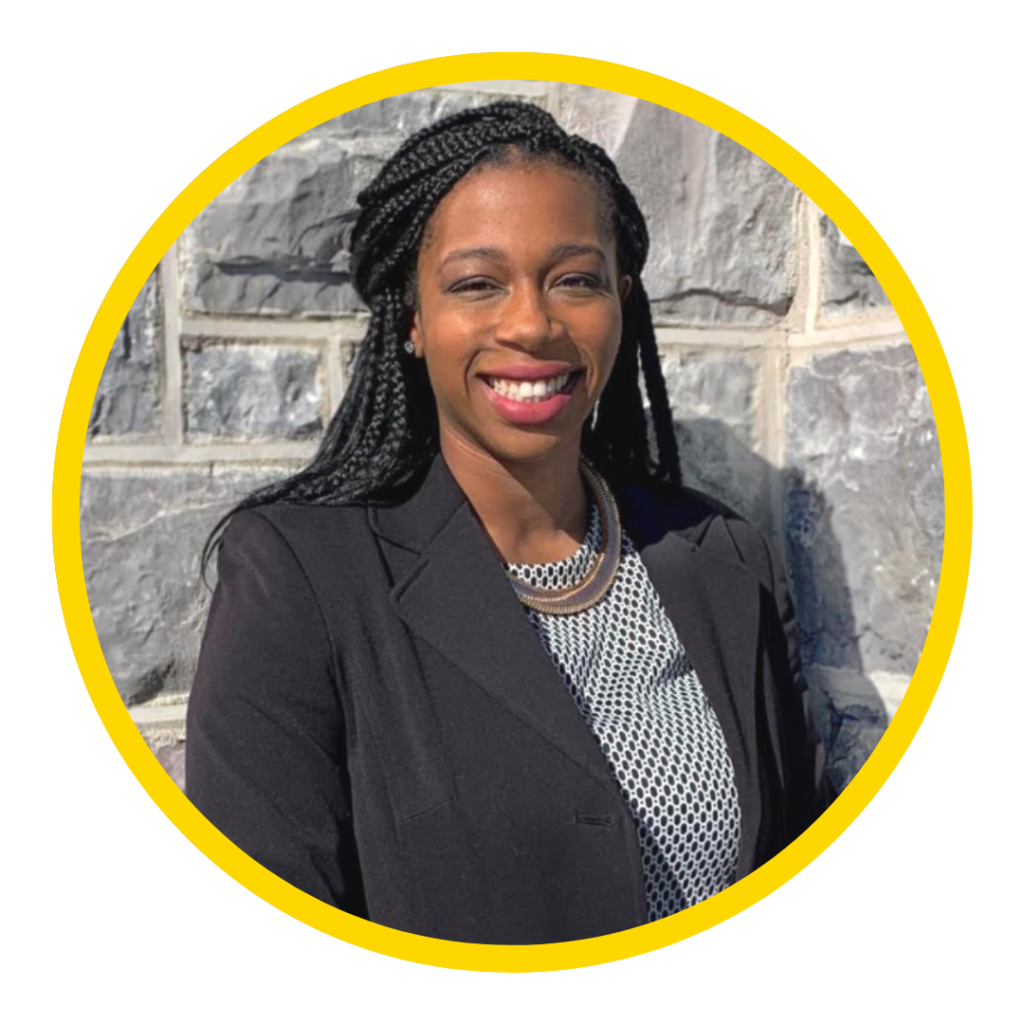
Karis Boyd-Sinkler is a Doctoral Candidate in Engineering Education at Virginia Tech, with an expected graduation of May 2021.
In March 2021, Karis assumed the role of Director of Diversity, Equity, and Inclusion and Adjunct Assistant Professor for the Pratt School of Engineering at Duke University.
Connect with Karis:
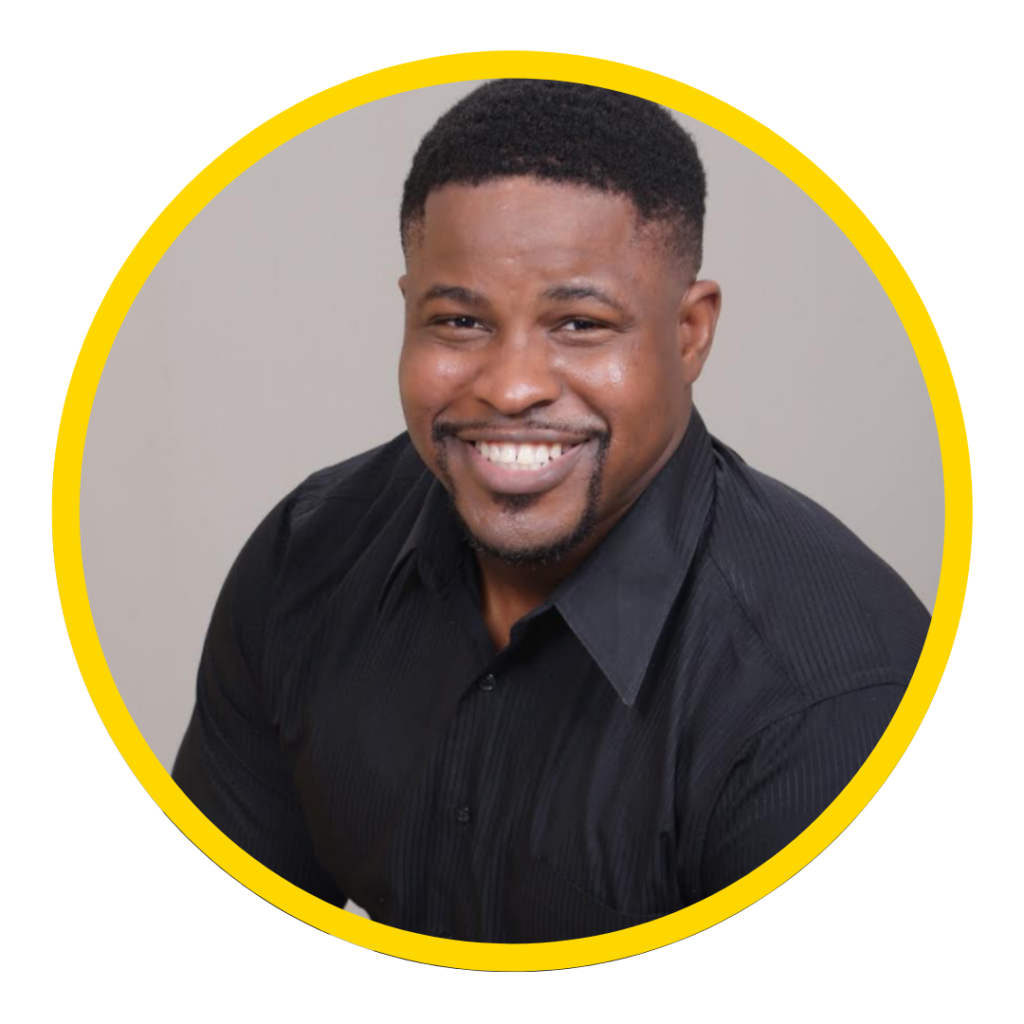
Dr. Nweke currently serves as a Staff Engineer, ENGEO Incorporated.
Starting in August 2021, he will take on the role of Assistant Professor, University of Southern California [USC] Viterbi School of Engineering, Sonny Astani Department of Civil and Environmental Engineering.
Connect with Dr. Nweke:

Dr. Long is an Assistant Professor at Embry-Riddle Aeronautical University and the Director and Founder of Engineering, Arts & Sports Engagement (EASE).
Connect with Dr. Long:
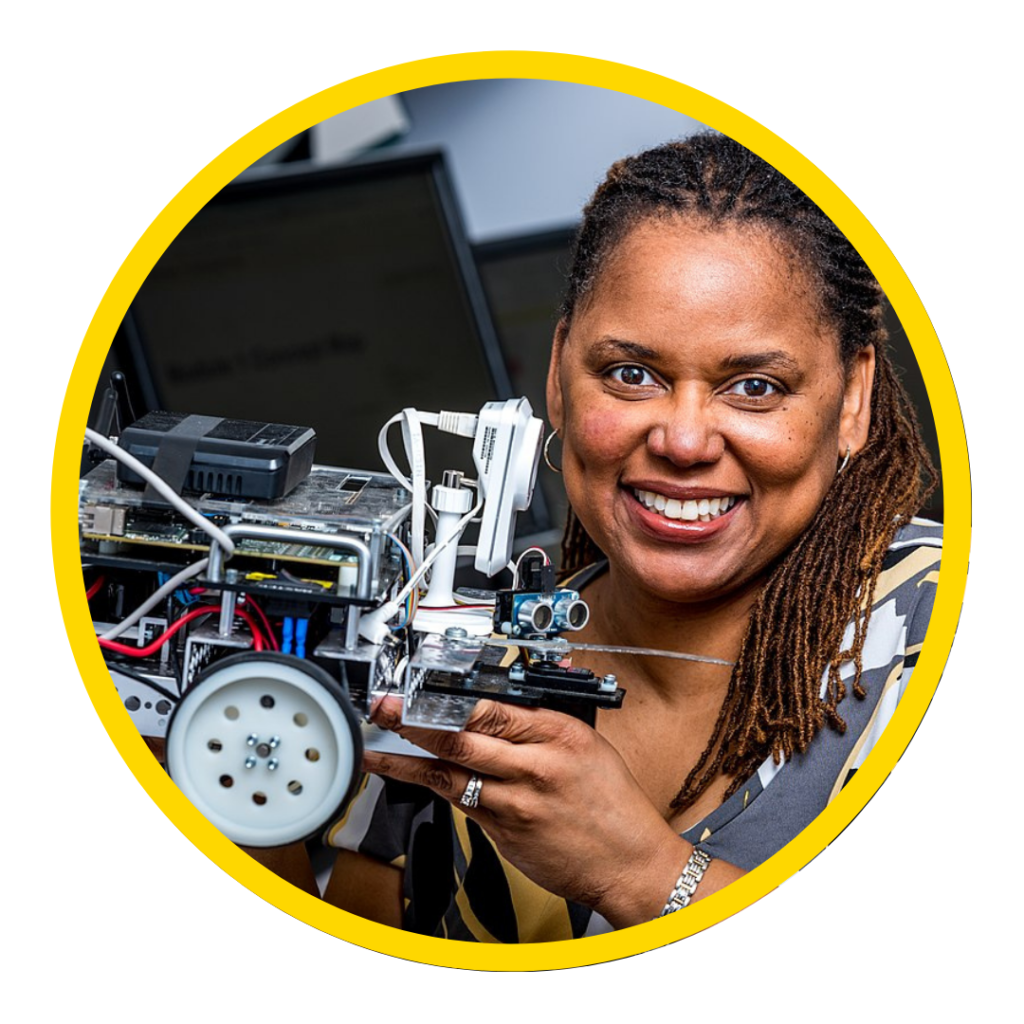
Dr. Carlotta Berry is a Professor of Electrical and Computer Engineering at the Rose-Hulman Institute of Technology.
Connect with Dr. Berry:
We hope you enjoyed this list.
Before you go, scroll through the slide show and learn more about the experts. Click here for a text-friendly version of this slideshow.

